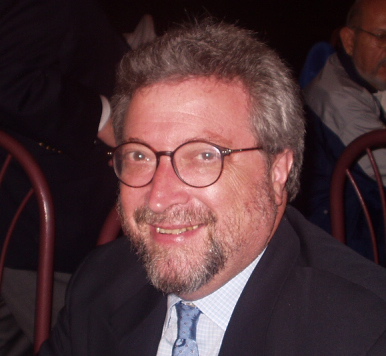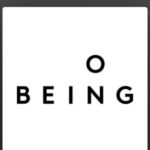Rabbi Gerald Skolnik
It was as if my whole religious world had been challenged, in a good and positive (if earth-shattering) way.

Rabbi Emeritus, Forest Hills Jewish Center
New Jersey
A Jewish Perspective
Where did you first encounter Heschel’s work?
At Camp Ramah in the early 1970s and subsequently throughout my time at The Rabbinical School.
How did Heschel and his thinking inspire your work, religious life, or civic engagement?
As the product of an Orthodox Yeshiva education, I never encountered Heschel in a serious way until being introduced to his thought at Camp Ramah in the Berkshires, and then, of course, at JTS. “Revelation” as an idea to be explored or understood beyond the notion of “Torah MiSinai” was just not a part of my spiritual world. Neither was studying Midrash as a discipline ever considered to be “serious” Torah. Halakhah dominated all that I was taught. The lines between Midrash and written Torah text were completely and intentionally made invisible.
Heschel introduced to me the idea that the Torah itself was not to be understood literally, that the Torah’s recounting of the revelation at Sinai was, if understood literally, a dramatic subversion of the text, and that those chapters of Exodus describing the experience at Sinai were to be understood more as a painting than a “news report.” When I was introduced to that piece of writing by Heschel, it quite literally changed everything about my own understanding of Judaism, my religious life as a whole, and its direction going forward. It was as if my whole religious world had been challenged, in a good and positive (if earth-shattering) way.
What of Heschel lives in you?
The more I studied Heschel’s thought, the more I came to realize and appreciate that doubt is as irreducible a component of a religious life as faith is. If the intention of Torah is to celebrate the mystery of God and our relationship to God and God’s world, then it must surely be true that that celebration requires religious imagination, and imagination requires the freedom to think both within and outside of accepted norms and structures.
At this point in my life, after a pulpit career of 42 years and preaching to and teaching so many Jews, I cannot imagine how I could possibly have led a Jewish life with sustaining meaning if his words and thoughts were not a part of my everyday practice.
From God in Search of Man, Chapter 19 on “The Mystery of Revelation”:
We must not try to read chapters in the Bible dealing with the event at Sinai as if they were texts in systematic theology. Its intention is to celebrate the mystery, to introduce us to it rather than to penetrate it or explain it. As a report about revelation, the Bible itself is midrash.
